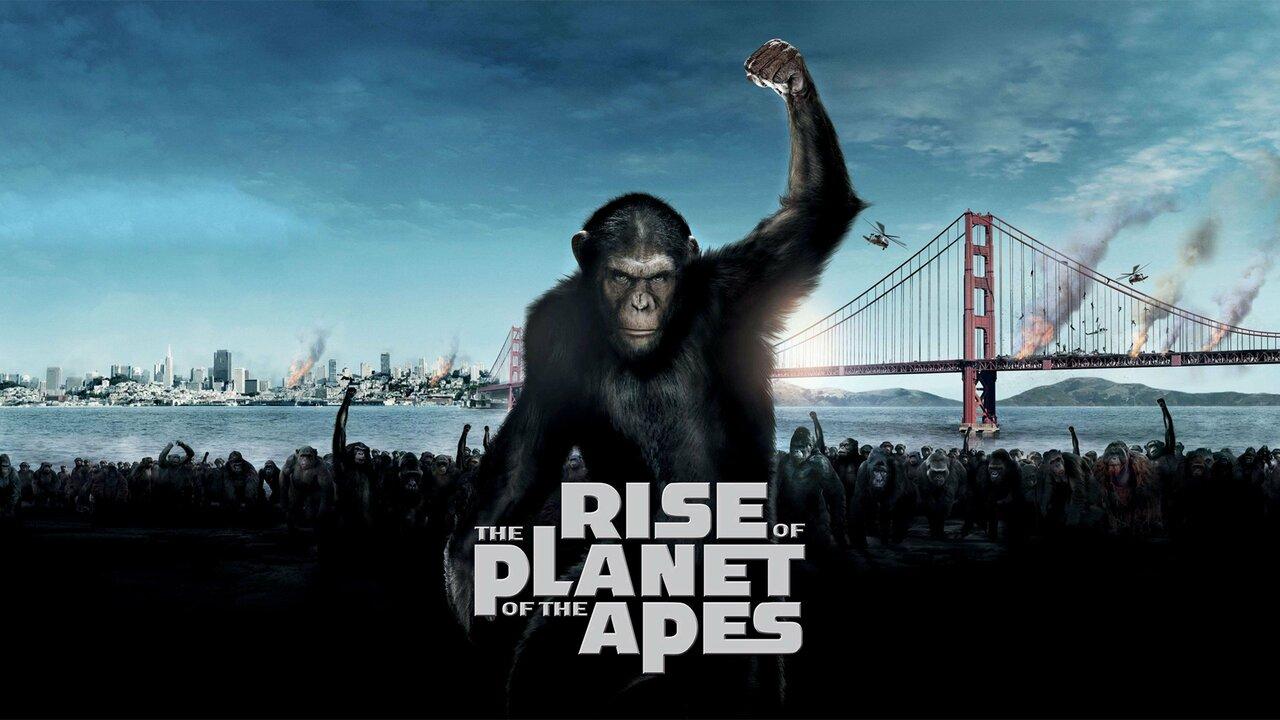The plot starts with a well-known pharmaceutical company, or big company as it prefers to call itself, set with a Inception based boarding river meeting. There James Franco, one of the ‘board members’, makes the argument that ALZ 112 — which curtailing the entire ALZ section indicates to be a treatment for Alzheimer — should be put into testing. According to his vision, aged and senile alzheimers put forth chimps should be smarter and converse wildly in sign language while also zooming through the IQ test.
Well, only partly true, since one of the test animals is experiencing a berserk phase, bound to attack everyone at the board meeting so graciously provided for by the producers. All advance of the experiment has to cease, which in the opinion of the filmmakers is surprisingly reckless for a ‘scientist’. The hitherto murky rest of humans born in the post mature monkey era is known: chimps are incredibly charming creatures. Might we suggest the possible wonder drug ALZ112 might indeed be mercy tested on grandpa with a few less violent tendencies.

Will gets emotional seeing a baby chimp that needs help, so he takes him home “for a few days.” Those days turned into weeks, then years as Will continued to care for the chimp, now named Caesar. Will was amazed at how Caesar developed. From his masterful physique to his stunning eloquence of movement, Caesar was nothing short of a genius. Around that time, Will started to date a primatologist named Caroline (Freida Pinto). She becomes the surrogate mother for Caesar. It is unclear if she becomes Will’s surrogate wife. The movie doesn’t offer too many details since it is PG-13, which is incredibly frustrating because when she kisses him, as if she’s making a statement, I expected her to kiss him a lot earlier. I first assumed she will be used solely to provide abundant amounts of information about chimps through the conversations, but as it turns out, she knows just as little as the rest of the people around her.
The charming documentary "Project Nim" was screening around the same time, and rather by chance serves as a preface for this film. While the documentary shares similarities with "Project Nim", human and ape relationships take a more interesting twist. It conveys a valuable lesson that while chimps can be smart and sociable, they are far from human and may exhibit violent behavior as they grow older. In this film, we see the chimp experts interpret “Julius Caesar” far too late. Their incessant wails of "Caesar! Caesar!" as they circle Golden Gate Bridge moments later is nearly inexcusable.

Reflecting on the film, even with the lack of rational thought involving humans within it, there are some satisfying caveats with underlying pleasure. Starting with Caesar, who is undoubtedly one of the best character portrayals I have seen in a while. His character which was forged from the genius of special effects as well as motion capture acting by Andy Serkis (recently reprising his role as Gollum in “Lord of the Rings” and set to appear in “The Hobbit”) truly brings meaning to the word “gripping”. There is always uncertainty as to where humanity and images begin and end, but in this case it’s quite clear: Serkis, or Caesar, without a doubt puts forth the best performance in the whole movie.

James Franco fails to tap into the deep complexities of his character, as the role is shallow and devoid of philosophical depth. It is limited to bone-chilling plot points explained in very simple English. As for Freida Pinto’s Caroline the primatologist, she is no Dian Fossey, and certainly doesn’t seem to have heard of the latter, but wow is she a looker. A keeper in a primate facility who is Tom Felton overly cruel to his sup, chimp, and primate species suffers from unlikely but purposeful blunt brutality. Those who grimace at chimpanzee type faces are revealing more about themselves than should be told. And, of course, John Lithgow shows up to play the hero’s estranged father, an adored music teacher who is fading away to Alzheimer’s. He is in the movie to perform precisely what he performs and not one bit more.
The big climactic action scene is bound to capture the interest of those more enthusiastic than myself. Even before watching the rest of the film, we know is yet another zombie film made in this ever-expanding conglomerate of a society. The part is bound to be even more captivating than in countless other films. The conclusion is, for the apes, inspiring and, as I assume, uplifting. Proving once again of his extraordinary capabilities, Caesar shows us how smart he is when he spots something from somewhere else - and, unlike humans whose GPS makes them need to know where to go, they need to know where to get back from.


